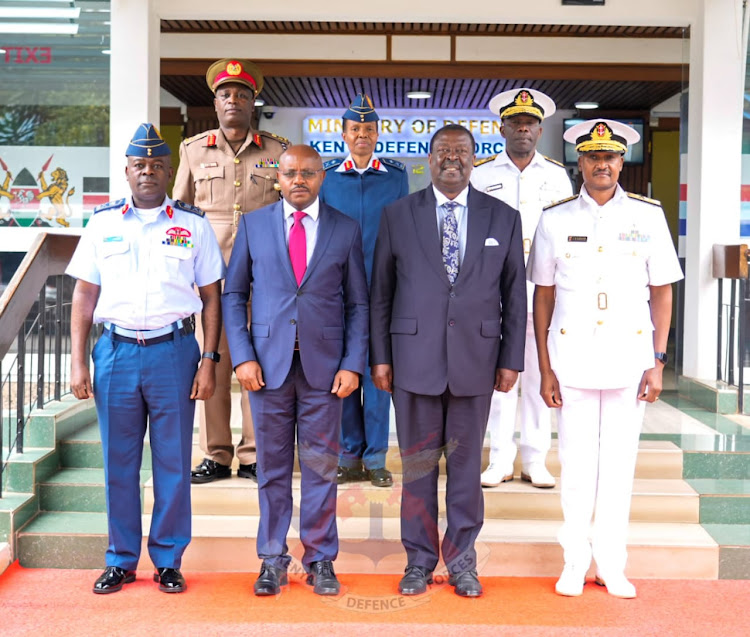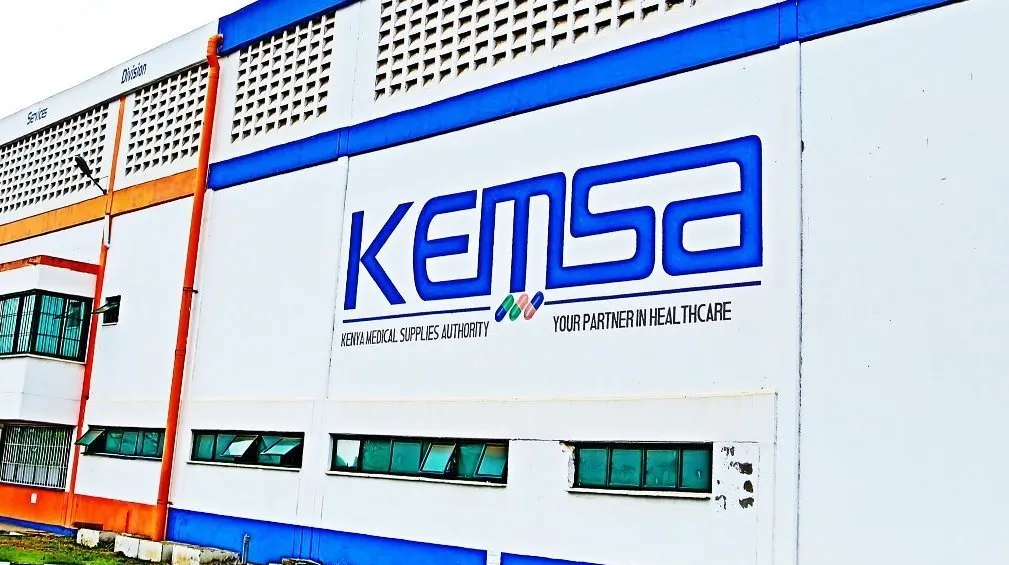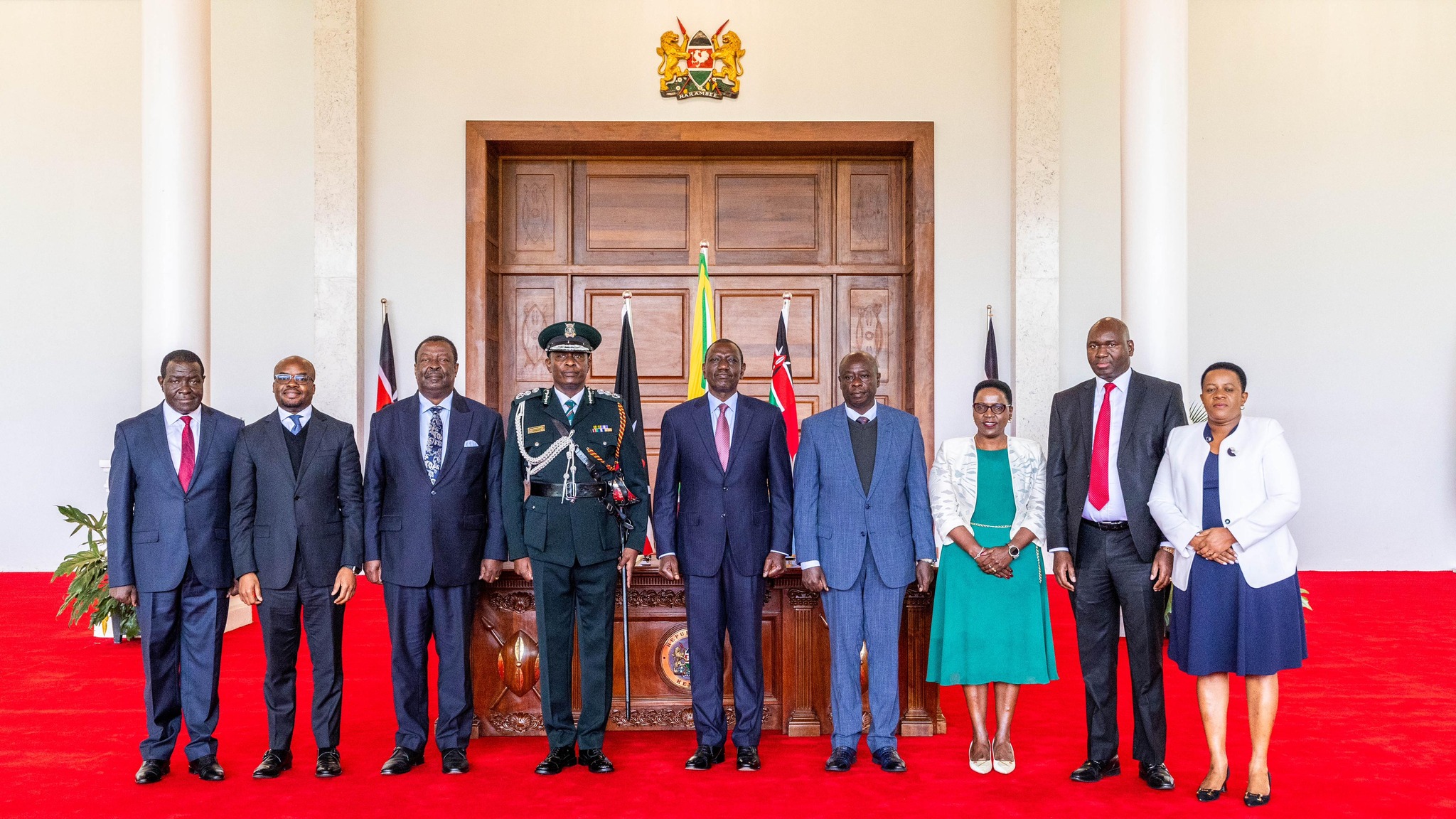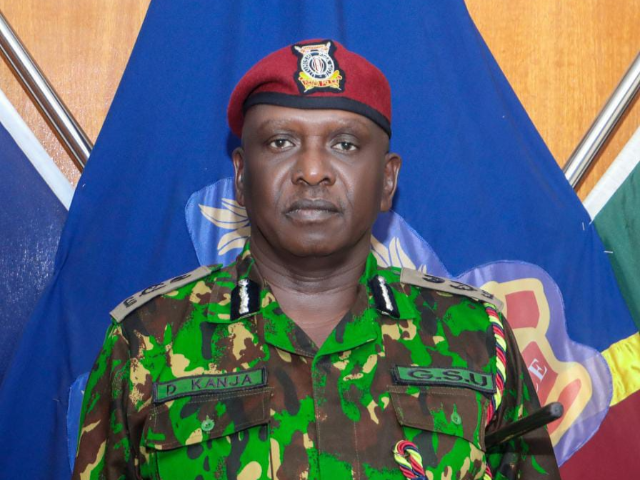
In a landmark achievement for global health, the World Health Organization (WHO) has recommended the R21/Matrix-M vaccine, the world’s second malaria vaccine, following successful Phase III trials involving children in several African nations, including Kenya. This groundbreaking development not only signifies a significant step forward in malaria prevention but also underscores Kenya’s commitment to advancing scientific research and its potential impact on the country’s well-being and economy.
The trials, led by Professor Mainga Hamaluba at the KEMRI-Wellcome Trust Research Programme (KWTRP) in Kilifi, Kenya, demonstrated that the R21 vaccine reduced symptomatic malaria cases by a remarkable 75 percent in areas with highly seasonal malaria transmission. This breakthrough has the potential to save countless lives, especially in regions where malaria remains a significant public health concern.
President Ruto’s unwavering support for research institutes like KWTRP has played a pivotal role in Kenya’s scientific achievements. Through funding and policy support, President Ruto has enabled Kenya’s research community to thrive, contributing to the development of innovative solutions like the R21 vaccine.
The economic implications of this vaccine are profound. With its relatively low cost, ranging between Sh300 and Sh600 per dose, the R21 vaccine offers an affordable means of safeguarding the health of Kenyan children and reducing healthcare expenses associated with malaria treatment. Moreover, the WHO’s endorsement opens doors for international procurement, potentially boosting Kenya’s vaccine production and export capabilities.
Kenya’s pivotal role in the development of the R21 vaccine not only demonstrates its commitment to global health but also showcases its potential to lead in scientific innovation. With President Ruto’s continued support, Kenya can forge ahead as a beacon of progress in the fight against malaria, ultimately creating a healthier and more prosperous future for all its citizens.






